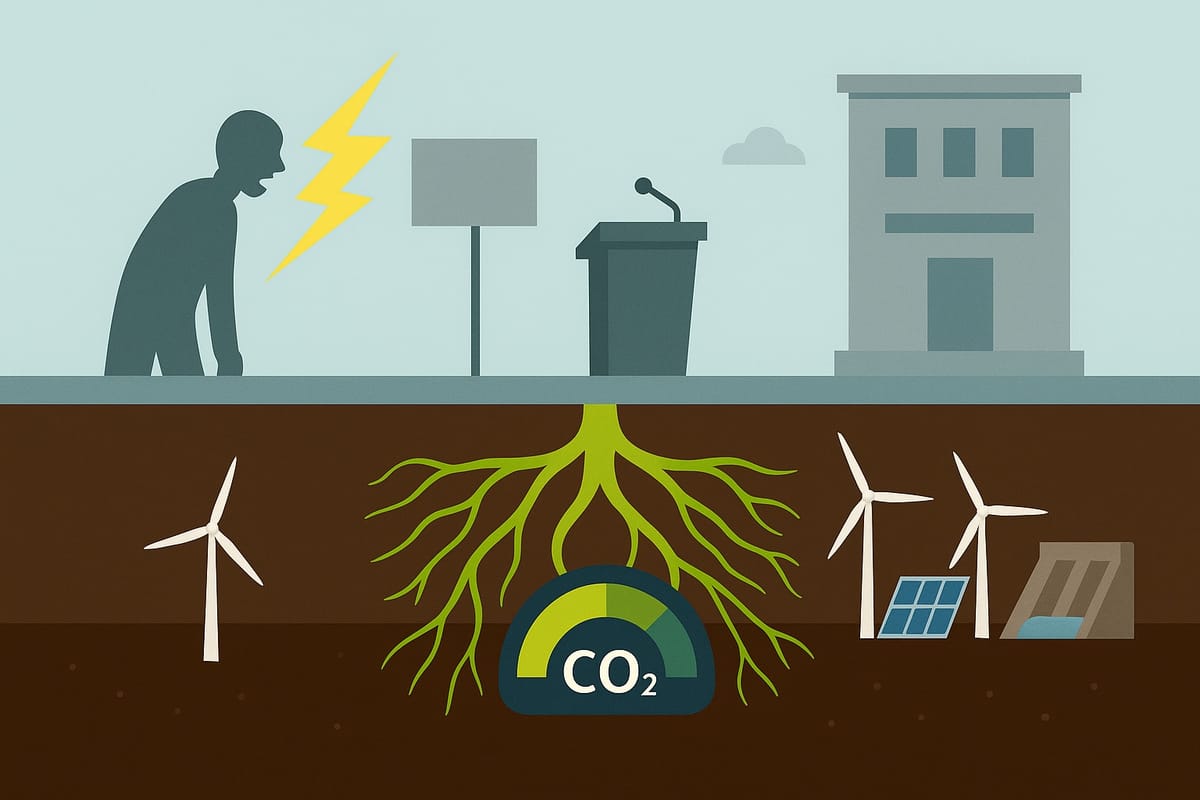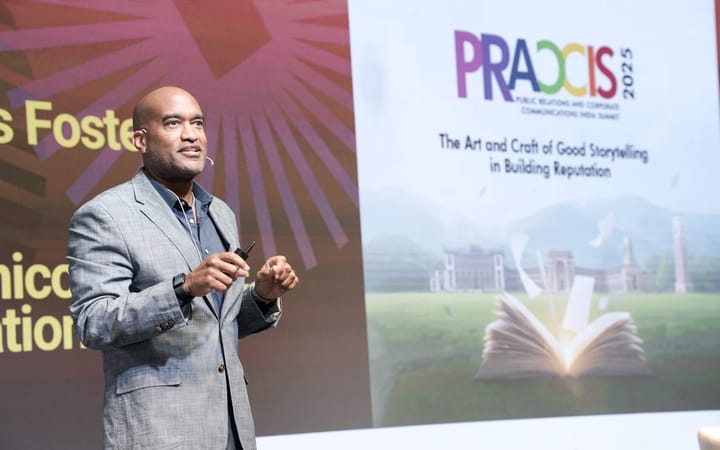When purpose goes underground
As companies retreat from public ESG advocacy, are they protecting their work — or abandoning the accountability that made it matter?

Do you recall when corporates, aided and abetted by enthusiastic consultancies, could not stop talking about ESG? I do; I even wrote a story about it. What a time that was, before the resurgence of Donald Trump helped accelerate a wide-ranging backlash that has forced many corporates, particularly in America, to publicly roll back their commitments across DEI, sustainability and social impact.
These days, there are fewer takers for ESG sessions at conferences, even in Asia. Like many, I had assumed that Western anti-woke brigades would cause little alarm in our region, but it turns out that many sectors are simply too inter-connected to ignore the forces reshaping what we once used to describe as "purpose". Last year's APACD Comms Index, for example, found in-house leaders reporting an ESG retreat, amid rising backlash concerns.
"Last year, they wouldn’t shut up about ESG, but now it seems like it’s a dirty word," confirms Eco-Business deputy editor Robin Hicks, who was similarly sceptical about the impact of US politics on Asian corporates. After examining how usage of the unwieldy acronym has steadily faded from the corporate lexicon, Hicks has reached a different conclusion: "Singapore banks are not talking about ESG anymore, because of Trump."
While corporates are not necessarily abandoning their sustainability or social impact work, they have certainly become quieter about it — often deploying different terminology to heighten the contrast. Last month, while marvelling at the rise of 'greenhushing', The Economist found that business, for the most part, is "getting on with the job of decarbonisation without making a fuss." Which prompts me to wonder, what if the "fuss" is part of the job?




